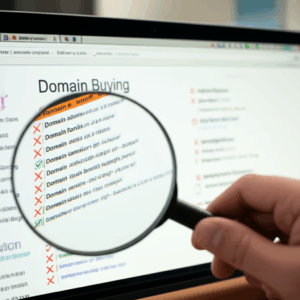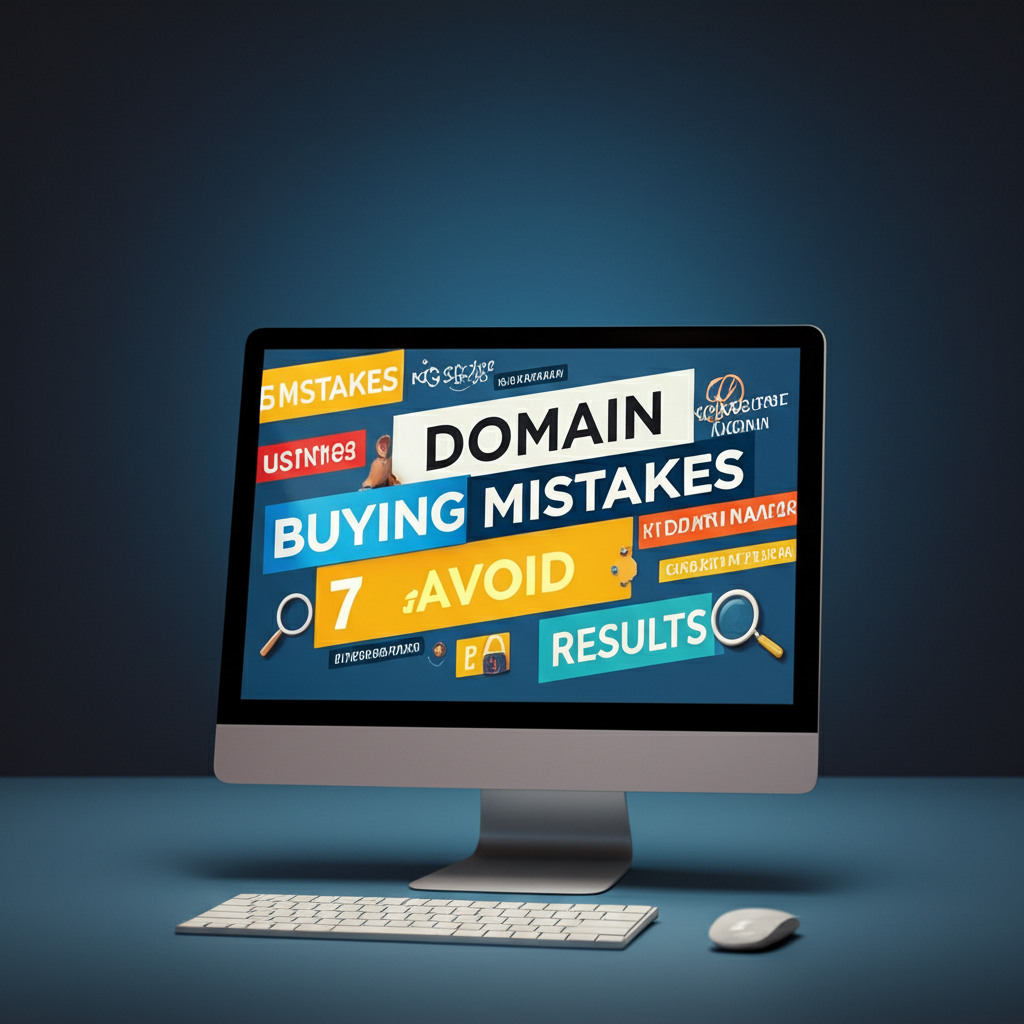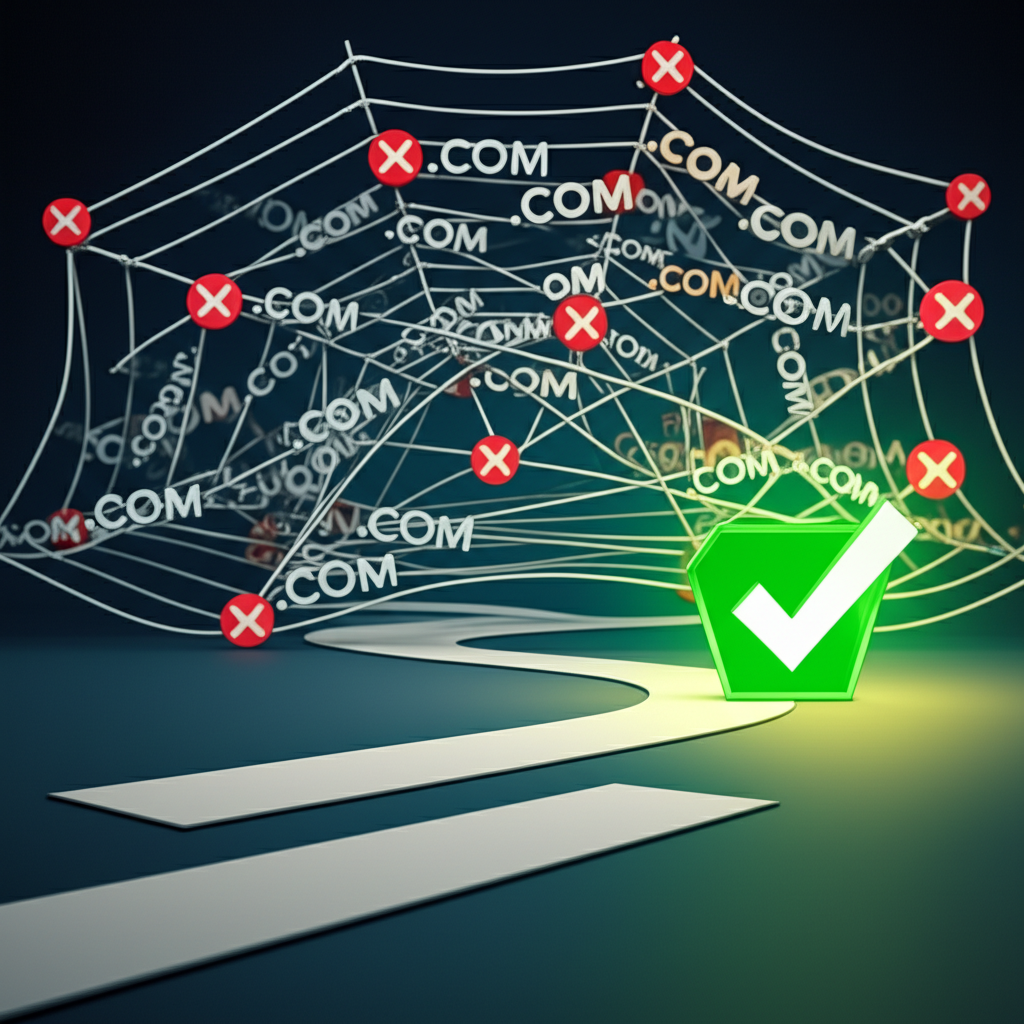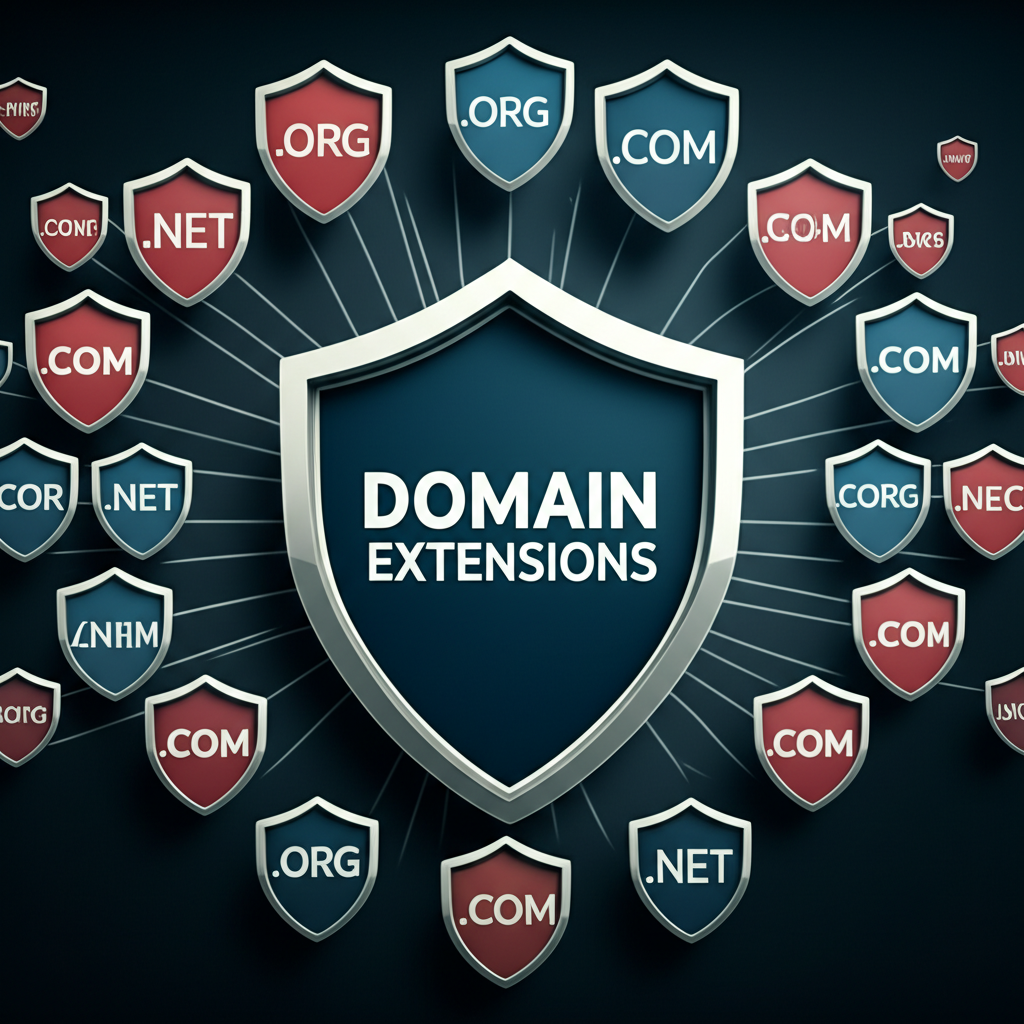- Avoiding Common Domain Buying Mistakes
- 1. Ignoring Keyword Research
- 2. Choosing the Wrong Domain Extension
- 3. Overlooking Domain Name Length and Complexity
- 4. Not Checking for Trademark Infringement
- Other Critical Domain Buying Mistakes to Sidestep
- 5. Neglecting Domain Name Privacy
- 6. Failing to Plan for the Future
- 7. Rushing the Decision
- Conclusion: Smart Domain Buying for Online Success
Domain Buying Mistakes: 7 to Avoid for Best Results
Domain buying can be a crucial step for establishing a successful online presence. Whether you’re launching a business, starting a blog, or creating a portfolio, your domain name is often the first impression you make on potential visitors. Choosing the right domain requires careful consideration and planning. Unfortunately, many people rush into the process, making avoidable mistakes that can hinder their online success. This article outlines seven common domain buying mistakes and provides guidance to help you secure the perfect domain name.
Avoiding Common Domain Buying Mistakes

Securing a strong domain is an investment in your online future. By understanding these common pitfalls, you can navigate the domain buying process with confidence.
1. Ignoring Keyword Research
One of the biggest domain buying mistakes is neglecting keyword research. Keywords are the terms people use when searching online. Including relevant keywords in your domain name can improve your search engine optimization (SEO) and make it easier for potential customers to find you. Before purchasing a domain, research relevant keywords related to your business or website. Tools like Google Keyword Planner or SEMrush can help you identify high-volume, low-competition keywords that can boost your online visibility.
2. Choosing the Wrong Domain Extension
While `.com` remains the most popular and recognizable domain extension, other options exist, such as `.org`, `.net`, `.co`, and even industry-specific extensions like `.io` for tech companies. Choosing the wrong extension can confuse your target audience and impact your branding. While a `.com` is generally preferred due to its widespread recognition and trust, if it’s unavailable, consider other relevant extensions carefully. For example, `.org` is suitable for non-profit organizations, while `.net` often works well for tech-related ventures.
3. Overlooking Domain Name Length and Complexity
Long, complicated domain names are difficult to remember and type, increasing the chances of users making errors and landing on a competitor’s site. Aim for a concise and memorable domain name. Ideally, it should be short, easy to spell, and pronounceable. Avoid using hyphens, numbers, or unusual characters, as these can make your domain look unprofessional and harder to remember.
4. Not Checking for Trademark Infringement
Before settling on a domain name, conduct a thorough trademark search. Using a trademarked name can lead to legal issues and force you to relinquish your domain. Trademark infringement can have serious consequences, so it’s crucial to ensure your chosen domain name doesn’t infringe on any existing trademarks. Consult a legal professional if you have any doubts.
Other Critical Domain Buying Mistakes to Sidestep
Beyond the more common errors, other significant mistakes can negatively impact your online presence.
5. Neglecting Domain Name Privacy
When you register a domain, your personal contact information, including your name, address, and phone number, becomes publicly available in the WHOIS directory. This can lead to spam emails, unsolicited calls, and even identity theft. Opting for domain privacy protection shields your information from prying eyes and keeps your inbox clean. While there’s a small fee, the peace of mind is worth the investment.
6. Failing to Plan for the Future
When choosing a domain name, consider your long-term goals. A domain name that seems relevant today might not be suitable as your business evolves. Think about your potential future offerings and choose a domain name that can accommodate growth and expansion. Avoid niche-specific names unless you’re absolutely certain your focus will remain unchanged.
7. Rushing the Decision
Buying a domain is an important decision that shouldn’t be rushed. Take your time to research different options, brainstorm creative names, and consider the pros and cons of each choice. A hasty decision can lead to regrets later. Consider registering multiple variations of your chosen domain name to protect your brand and prevent competitors from using similar addresses. This might include common misspellings or related keywords.
Conclusion: Smart Domain Buying for Online Success
Avoiding these seven domain buying mistakes is vital for creating a solid online presence. A well-chosen domain name can significantly impact your brand recognition, SEO, and overall online success. By taking the time to research, plan, and consider the potential pitfalls, you’ll be well on your way to securing a domain that serves your needs and sets you up for future growth. Remember, your domain name is a digital asset; choose it wisely.















Leave a Reply